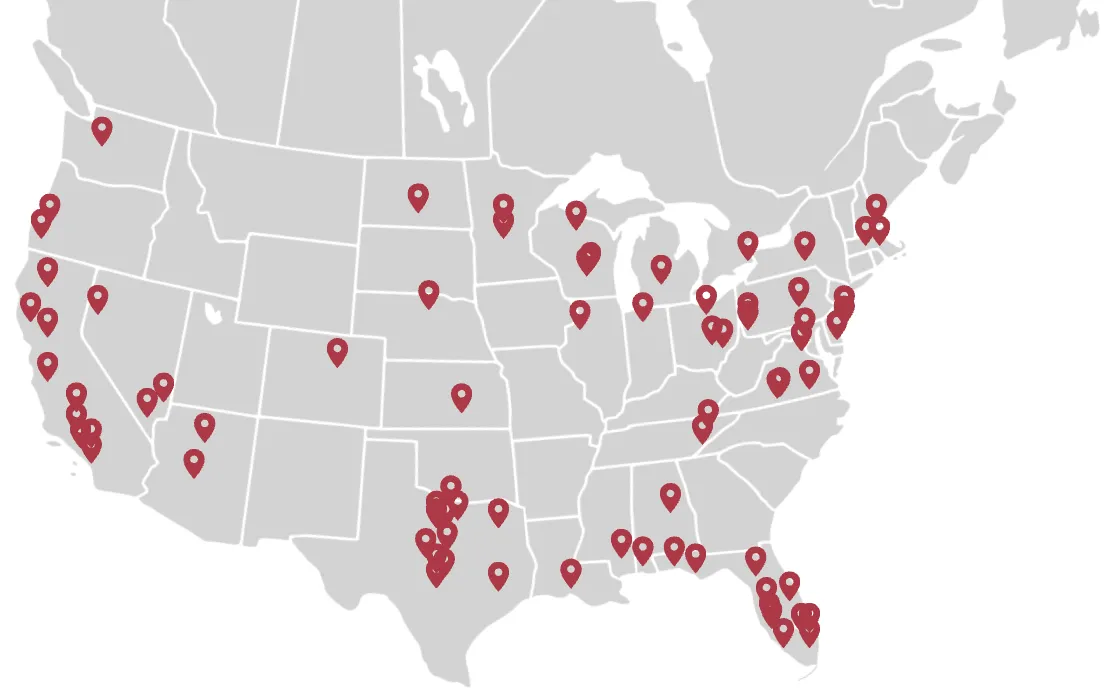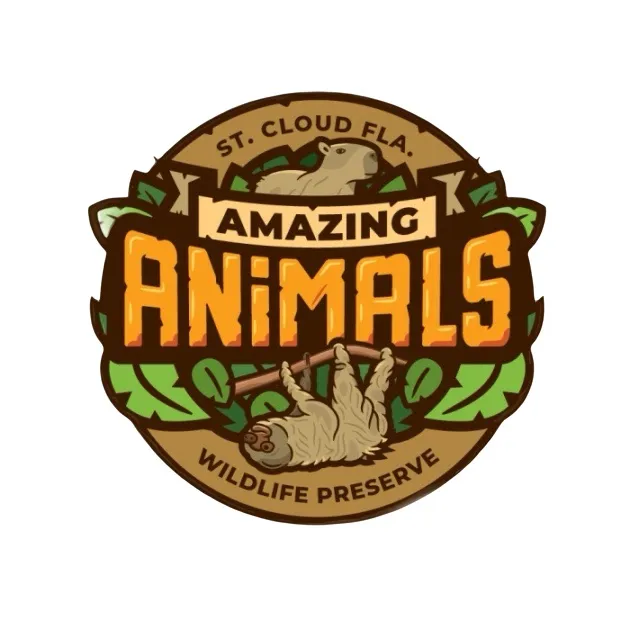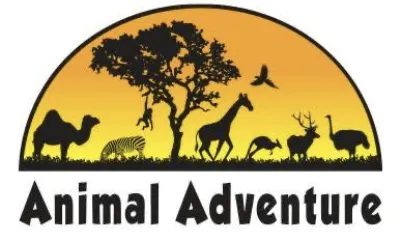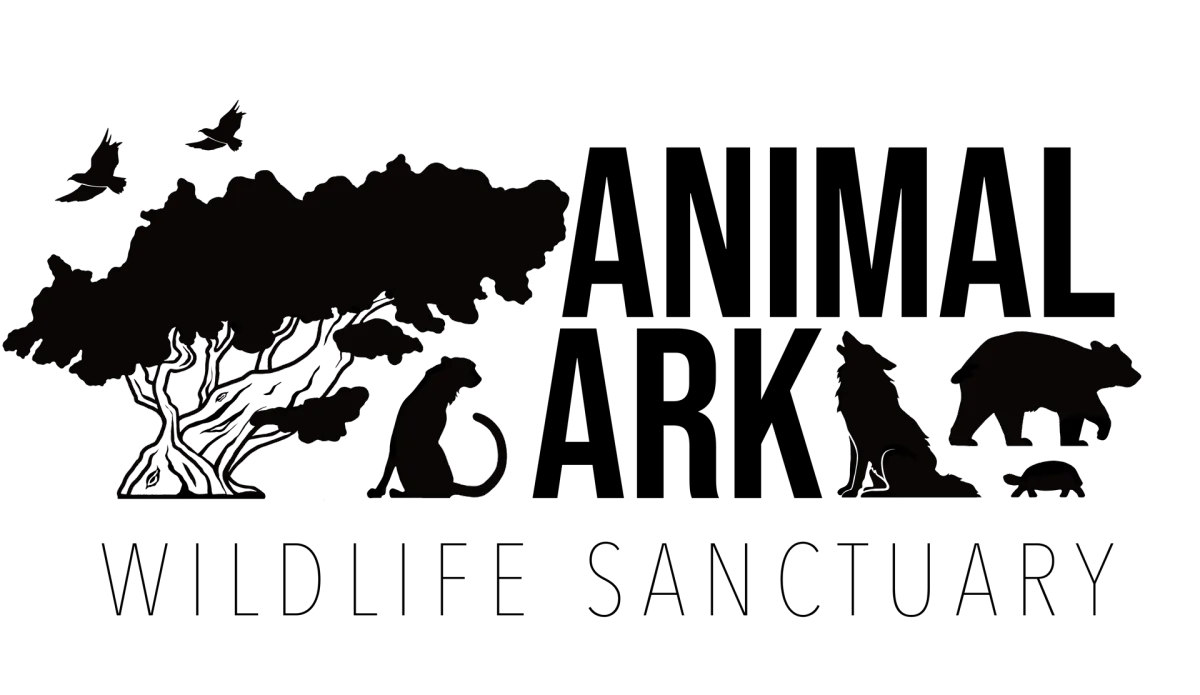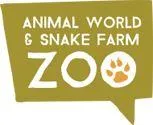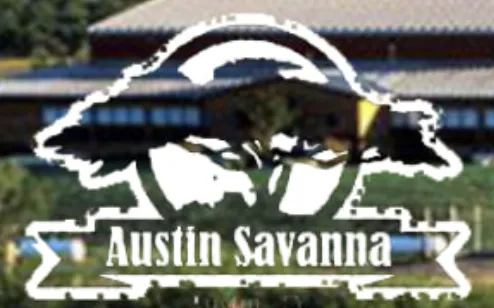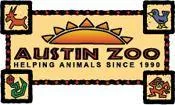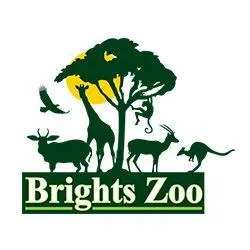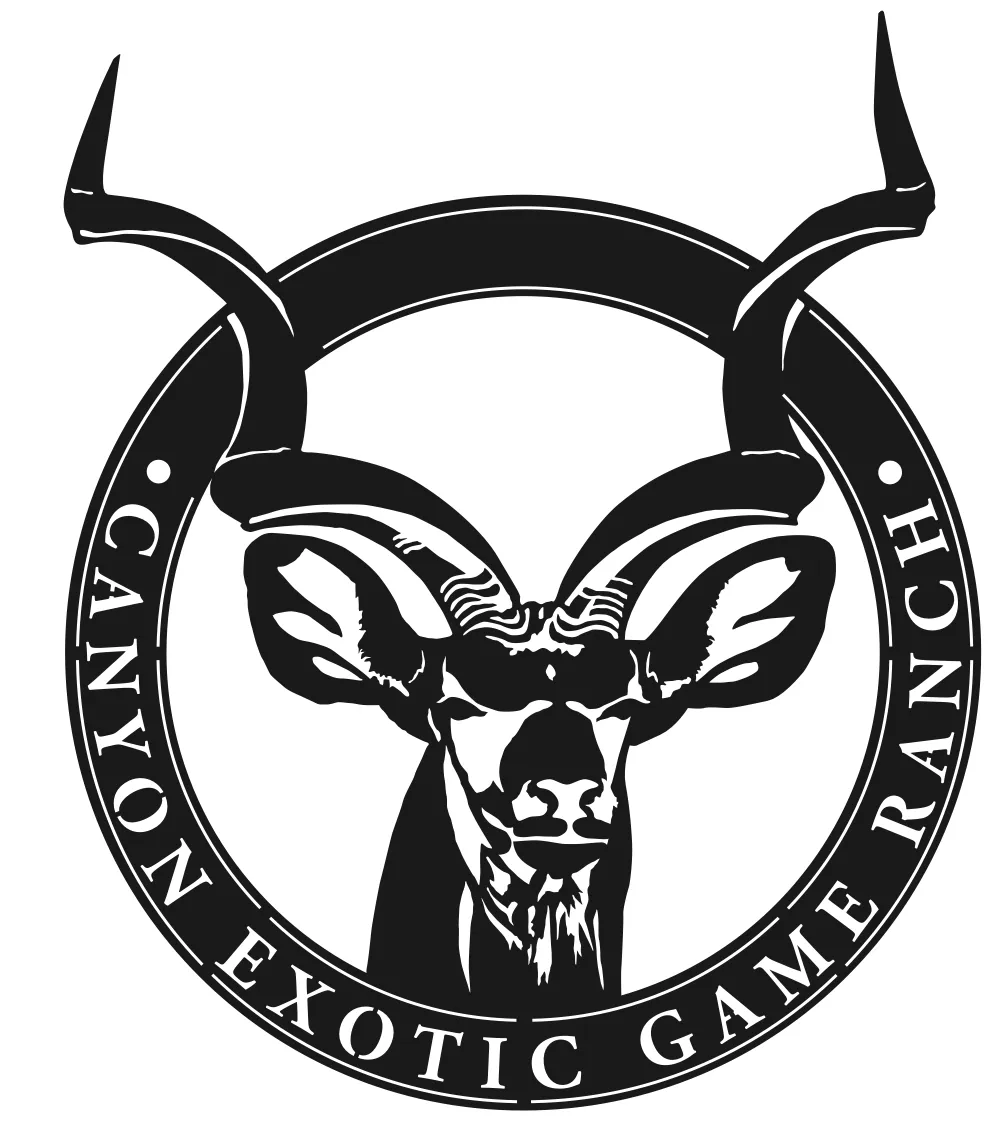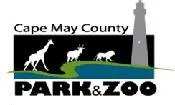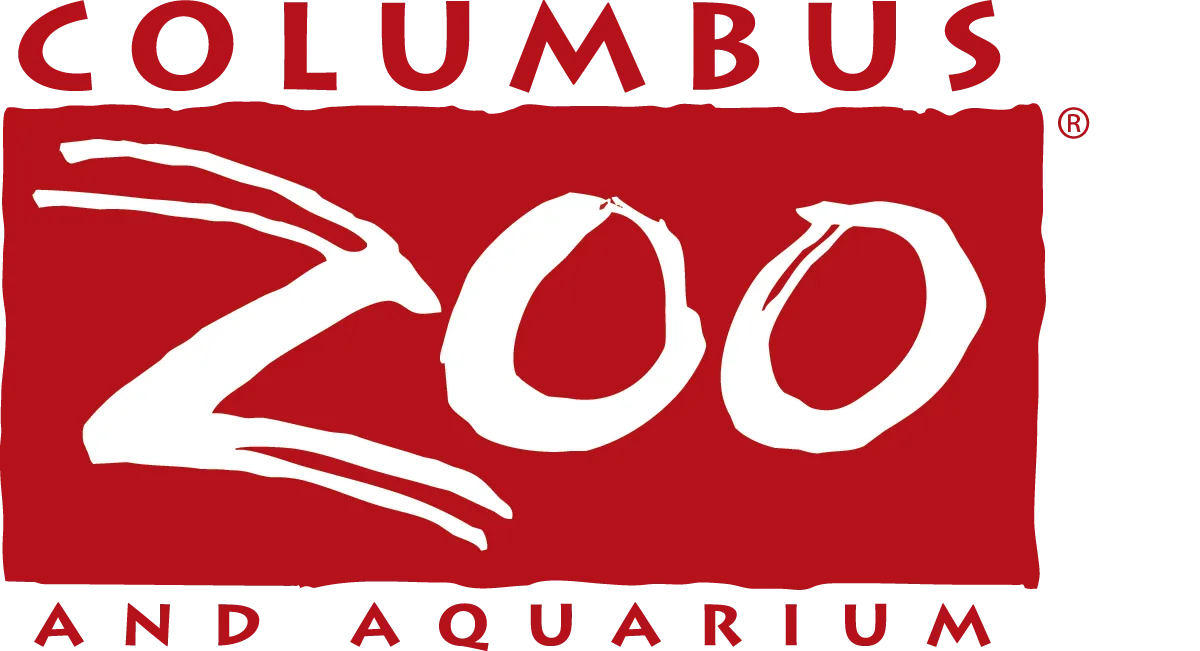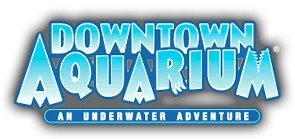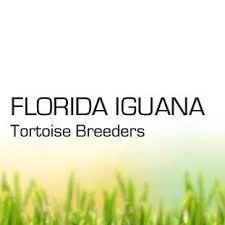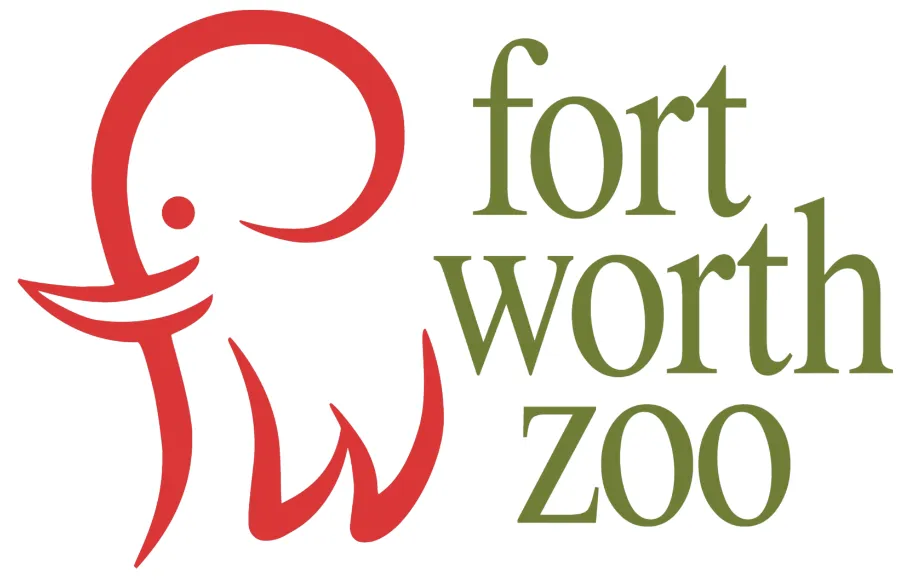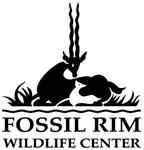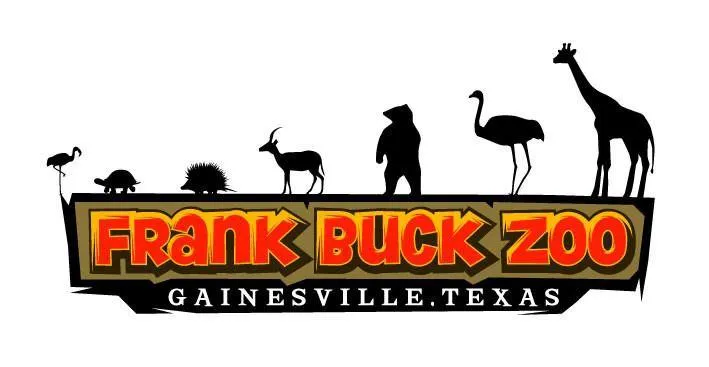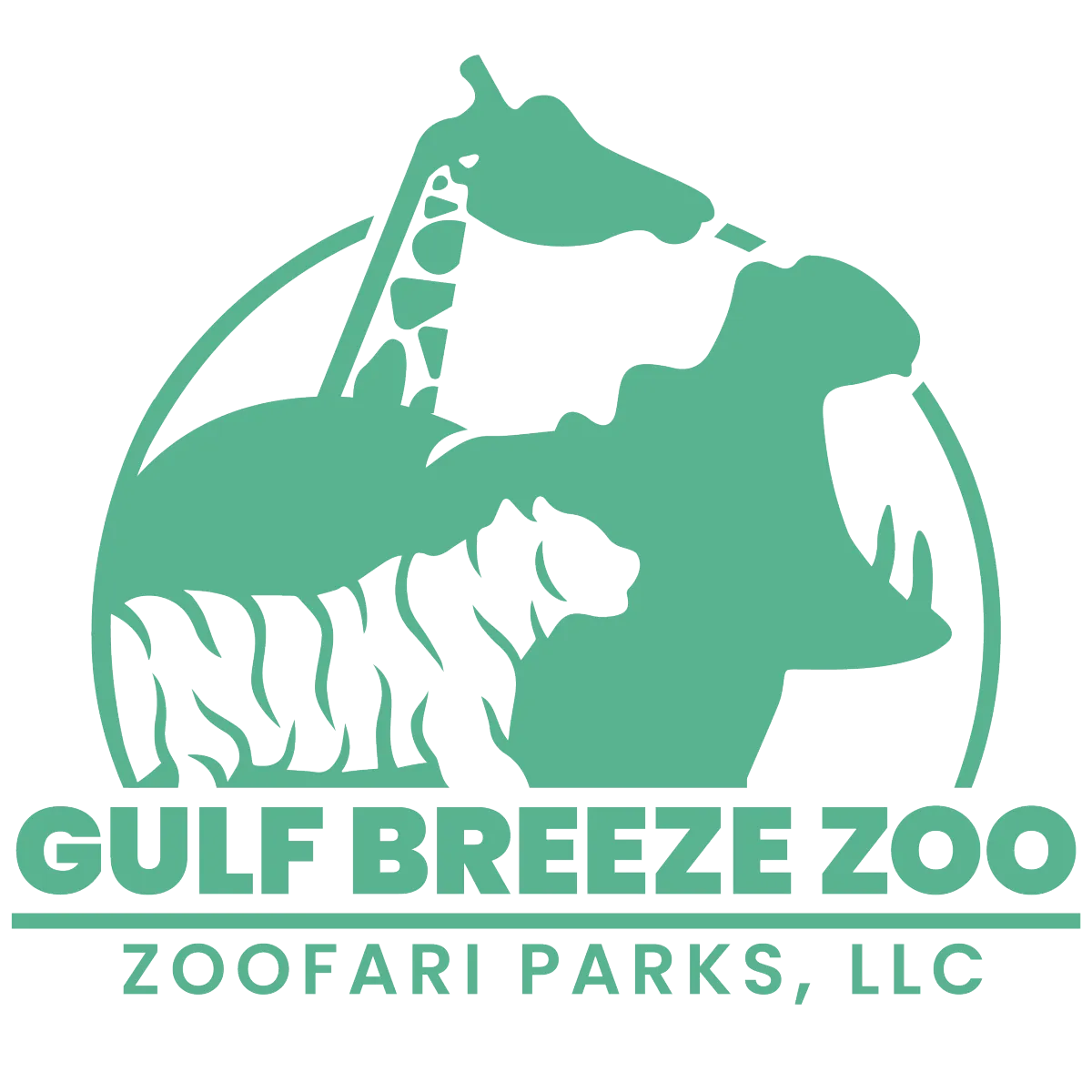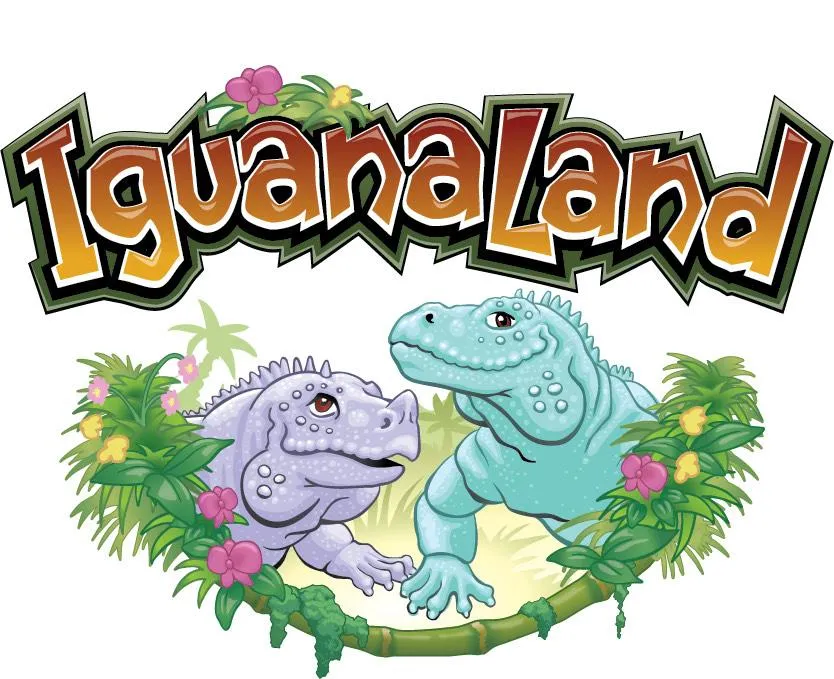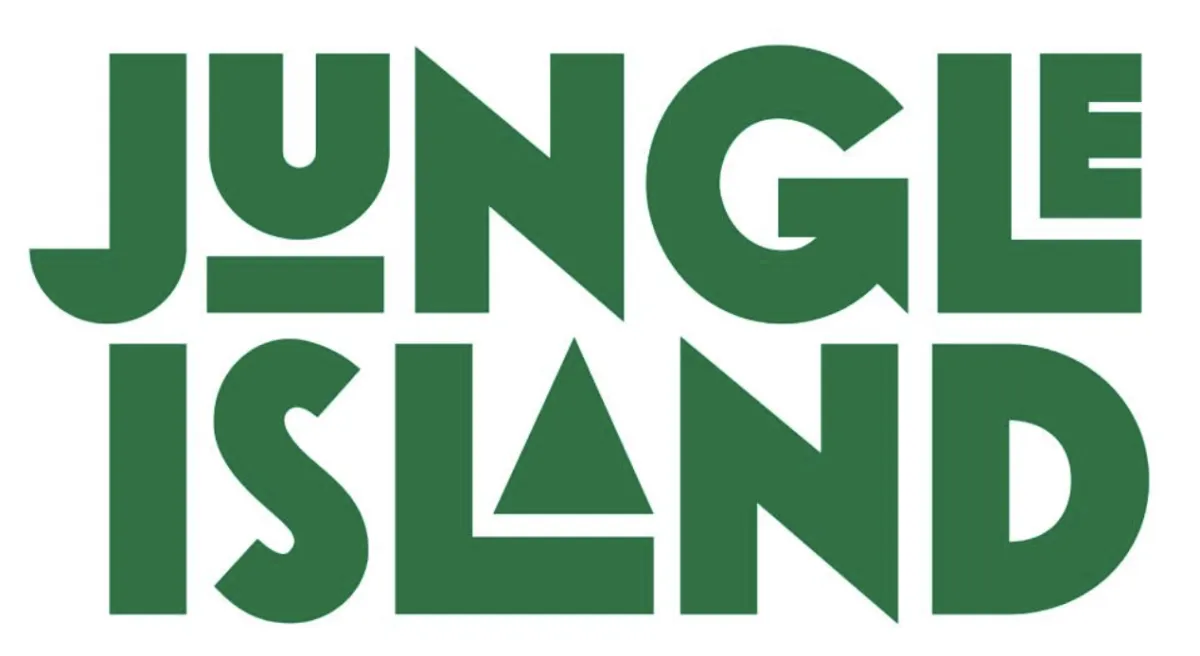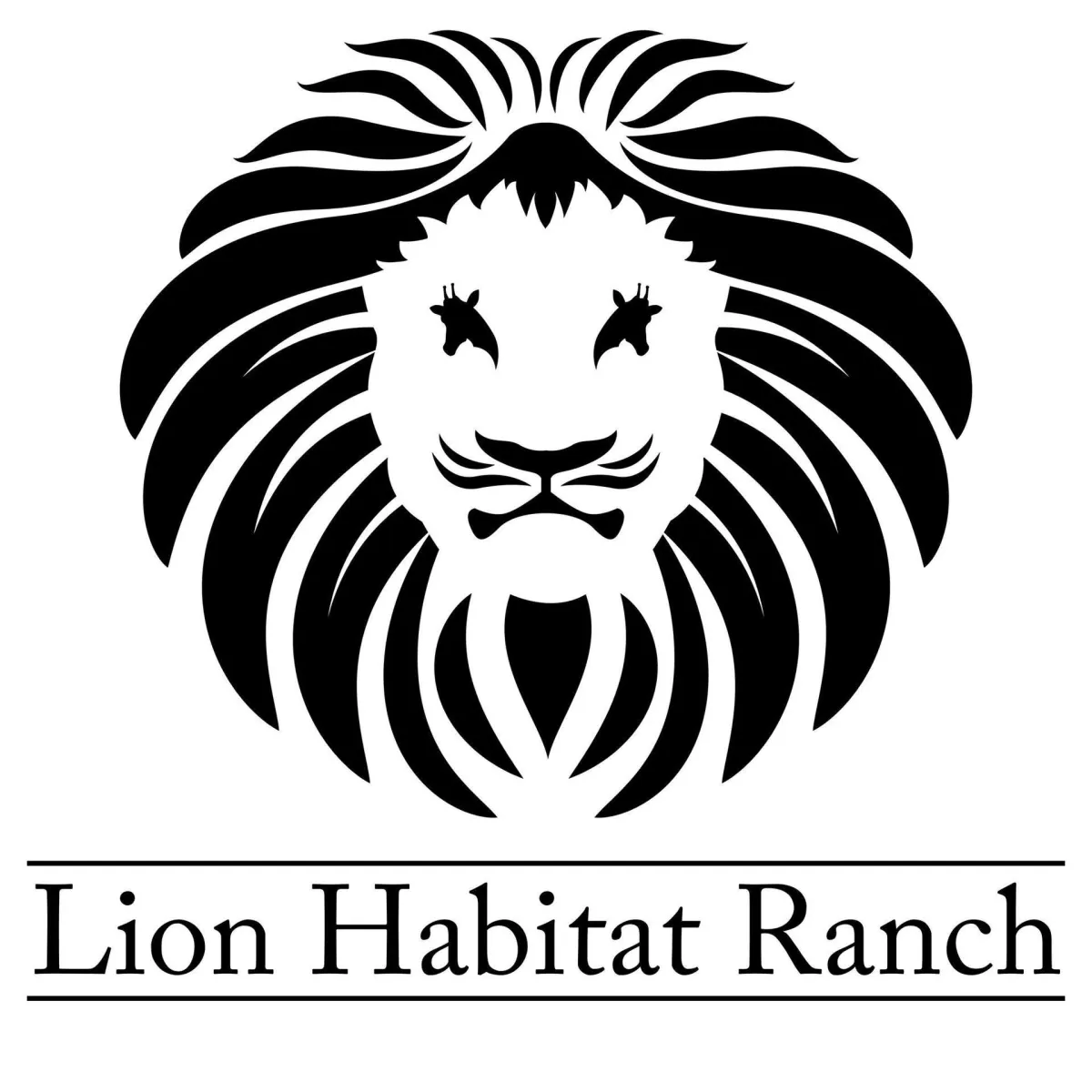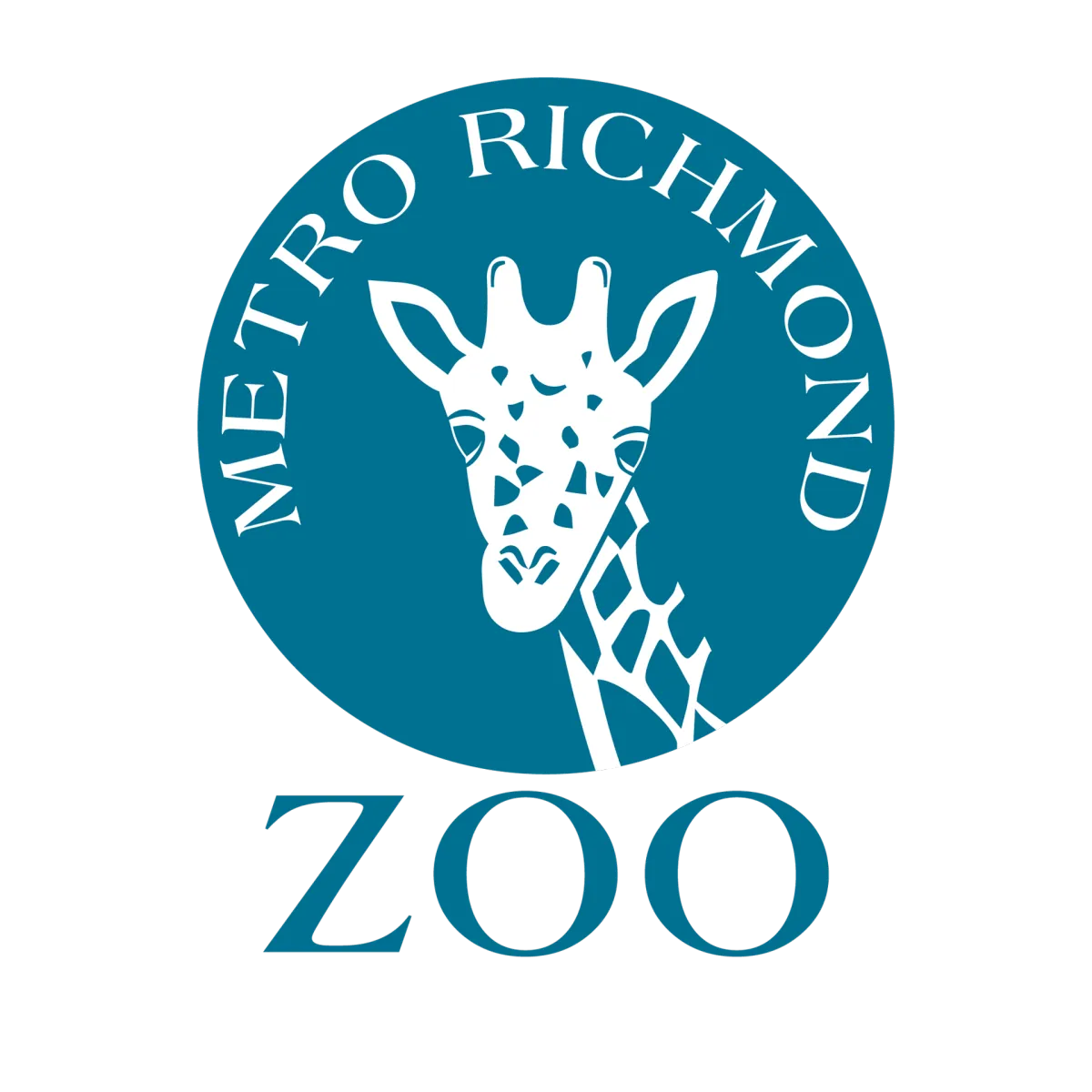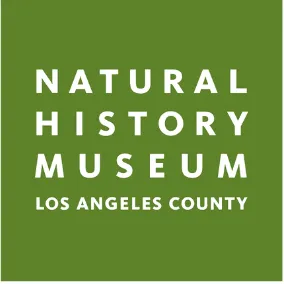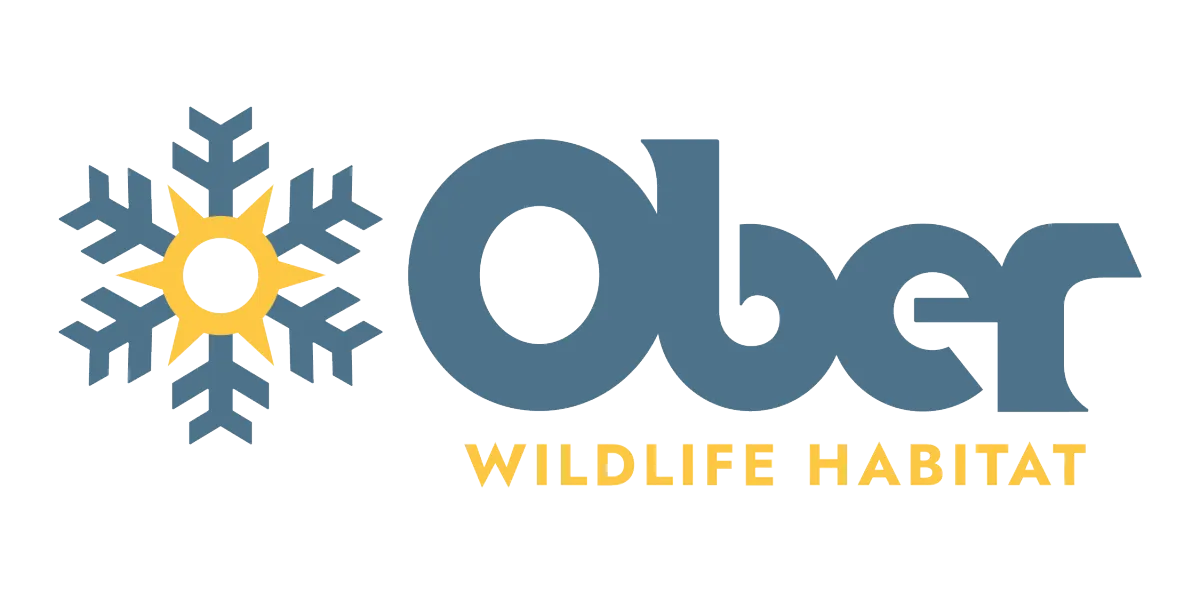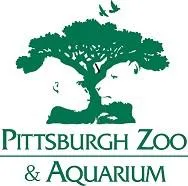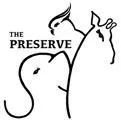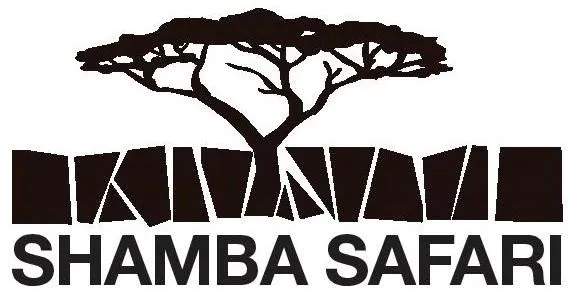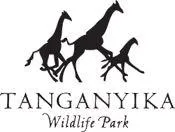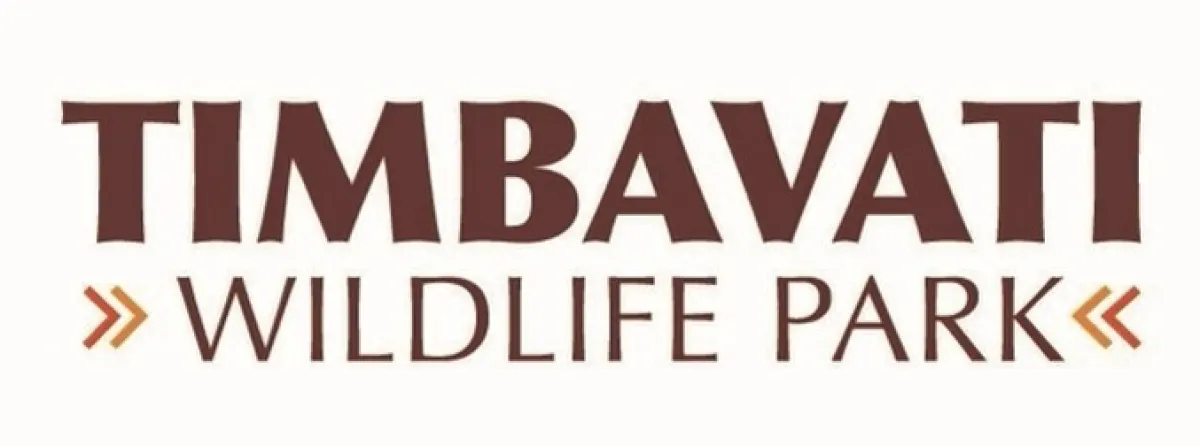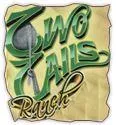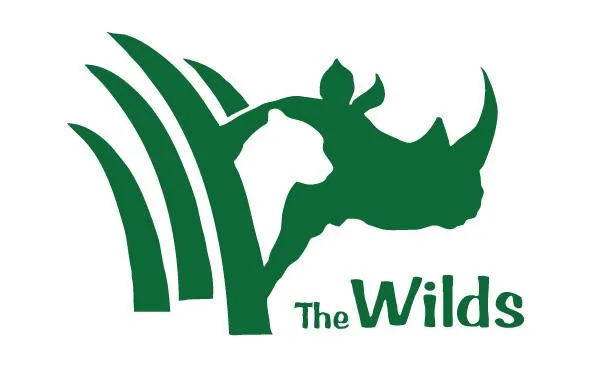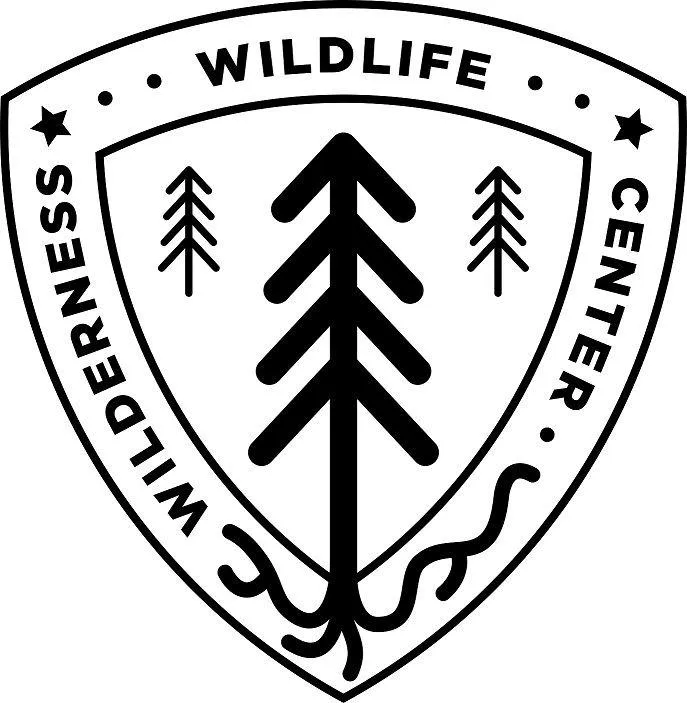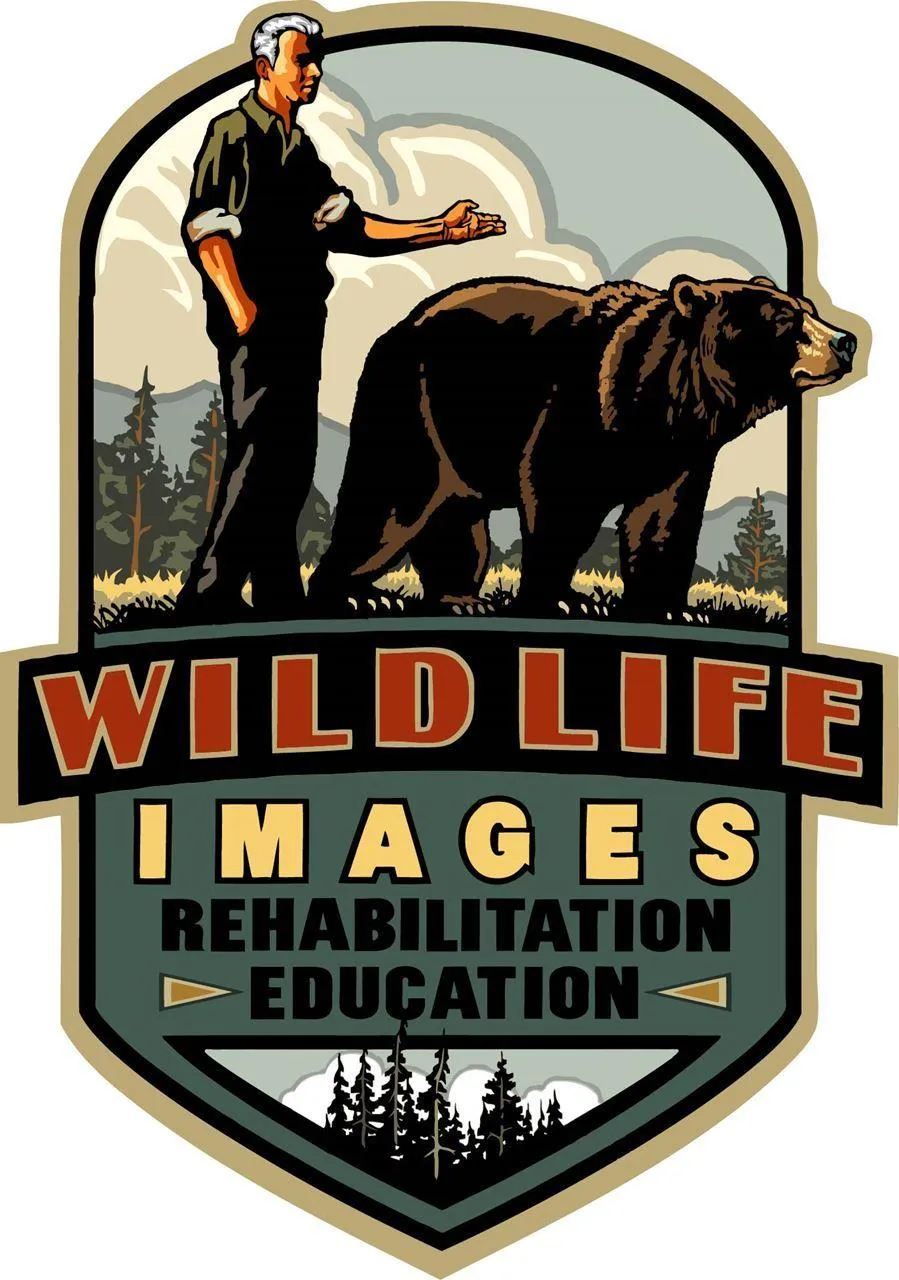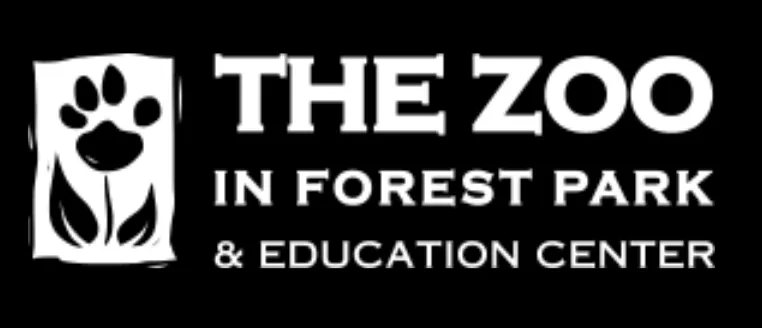Photo by: ©Paul A. Selvaggio/Pittsburgh Zoo
Accreditation
ZAA Accreditation is a rigorous process that includes an extensive application and site inspection. The institution must undergo the complete process every five years to maintain their accredited status.
Accreditation Overview
Accreditation Categories
Accredited Facility:
A traditional zoo, aquarium, or educational facility that exhibits exotic and/or wild animals to the public and has an educational and conservation message. The facility may be open to the public with regular hours or by appointment. Public visitation may be by facility staff guided or self-guided tours. Educational outreach facilities that have programs using exotic and/or wild animals.
ZAA facility accreditation is not available to exotic and/or wild animal pet owners.
Accredited Facilities must have a Professional Fellow member on their permanent staff, so ensure that one of your staff members has applied and been approved for a Professional Fellow membership prior to submitting your accreditation application. Click here to learn more about the Professional Fellow benefits and requirements.
Key Benefits to Becoming an Accredited Facility
Inclusion in an elite group that is leading the way in standards with the highest focus in animal welfare
Continuously improving facility guidelines ensure high standards in animal care
Quarterly virtual town hall access to Executive Director
Annual in-person town hall access to Executive Director and Board
Representation at international industry meetings
Opportunity to provide input that helps shape organizational strategies
Access to government affairs experts
Government representation of ZAA credentials at the state level
Annual invitation to join Executive Director and Board Members in a ZAA DC fly-in
World-wide animal profession collaborations
Free and unlimited posting to ZAA Job Board
Free and unlimited posting to ZAA Animal Exchange Listing
Eligible to vote for Board of Directors
Eligible to vote on ZAA bylaws and other organizational matters
Accreditation Standards
The ZAA Accreditation Standards provide guidance in best practices to ZAA accredited facilities. This comprehensive document includes standards for:
Animal welfare, care & management
Veterinary care
Conservation
Scientific advancement, education, & interpretations
Physical facilities
Safety/security
Governing authority
Support organizations
Finance
Staff
Guest services
Master & strategic planning
And more
Application Process
Objectives of Accreditation
Set and follow professional standards for husbandry, animal care practices, and animal welfare and well-being.
Maintain accurate animal and medical records.
Enhance the survival of species by the use of appropriate methods.
Maintain an appropriate, safe, and quality existence for animals managed in professional care.
Ensure a safe environment for staff and guests.
Application Fees and Annual Dues
Application Fees
$515 non-refundable application fee
$1,030 site inspection deposit
Annual Dues
Based on the number of full time (32+ hours) year round employees
Small (1-5 full time employees) $1,545
Medium (6-19 full time employees) $3,605
Large (20-59 full time employees) $4,635
Macro (60+ full time employees) $6,695
Click Here to view ZAA's Accreditation Dues Payment Policy.
Accreditation Process
Step 1: Application
1) Submit your completed
ZAA Accreditation Application to the Accreditation Coordinator at
[email protected].
2) The Accreditation Coordinator will create a Basecamp Folder for you to upload your supporting documents
3) Submit your Application Fees.
Contact the Accreditation Coordinator at
[email protected] for questions.
Step 2: Site Inspection
Inspection Details:
Inspections are performed by the accreditation inspection team of two or more individuals.
The site inspections will be conducted at the expense of the applicant.
The inspectors are chosen by the accreditation committee chair. The applicant has the right of refusal for any inspector.
Facilities are graded in many categories, including the following:
Physical Facility
Husbandry, Animal Care Practices, Animal Welfare and Well-Being
Record Keeping and Health Care Records
Knowledge of Animals by Personnel
Animal Diet and Nutrition
Facility Security
Veterinary Care
Licensing and Permits
Safety Plans and Risk Management
Adherence to the ZAA Accreditation Standards
Step 3: Committee Review
The accreditation committee will review the application and site inspection.The applicant may be:
a) tabled and given a timeframe to correct deficiencies,
b) denied, or
c) recommended as an Accredited Facility member.
Once approved, the applicant will be submitted to the board of directors for approval with a pro simple majority vote. Annual dues will be billed at this time.
TESTIMONIALS
What ZAA-accredited facilities are saying
Accredited Facilities
